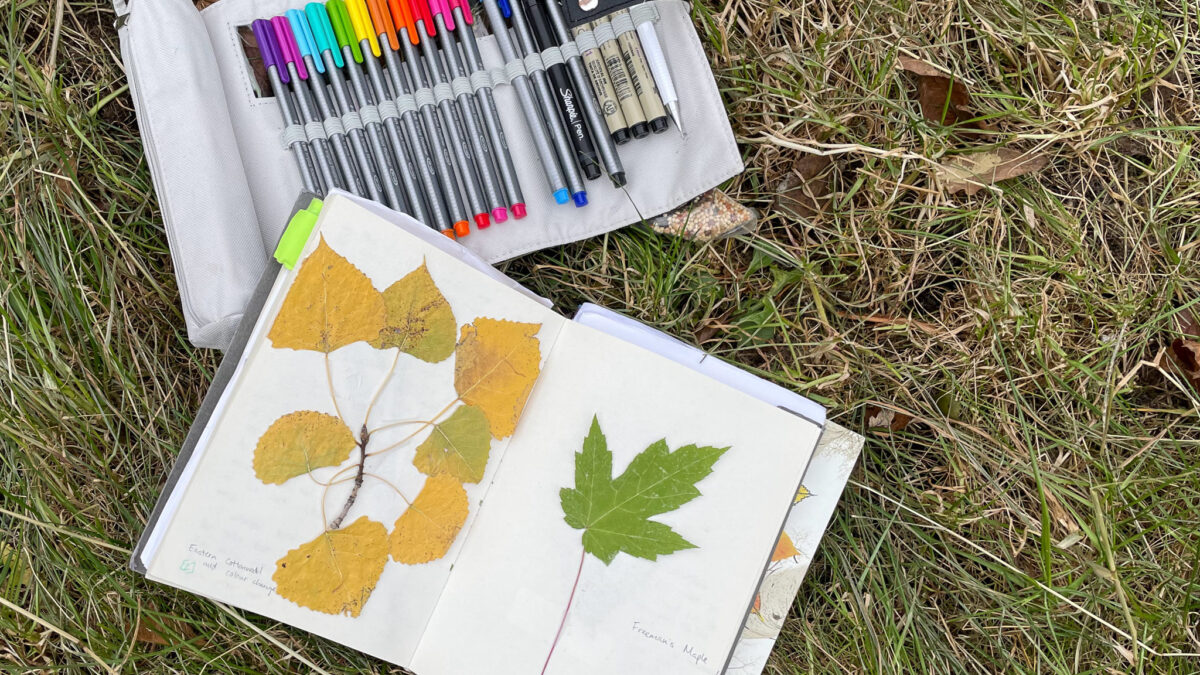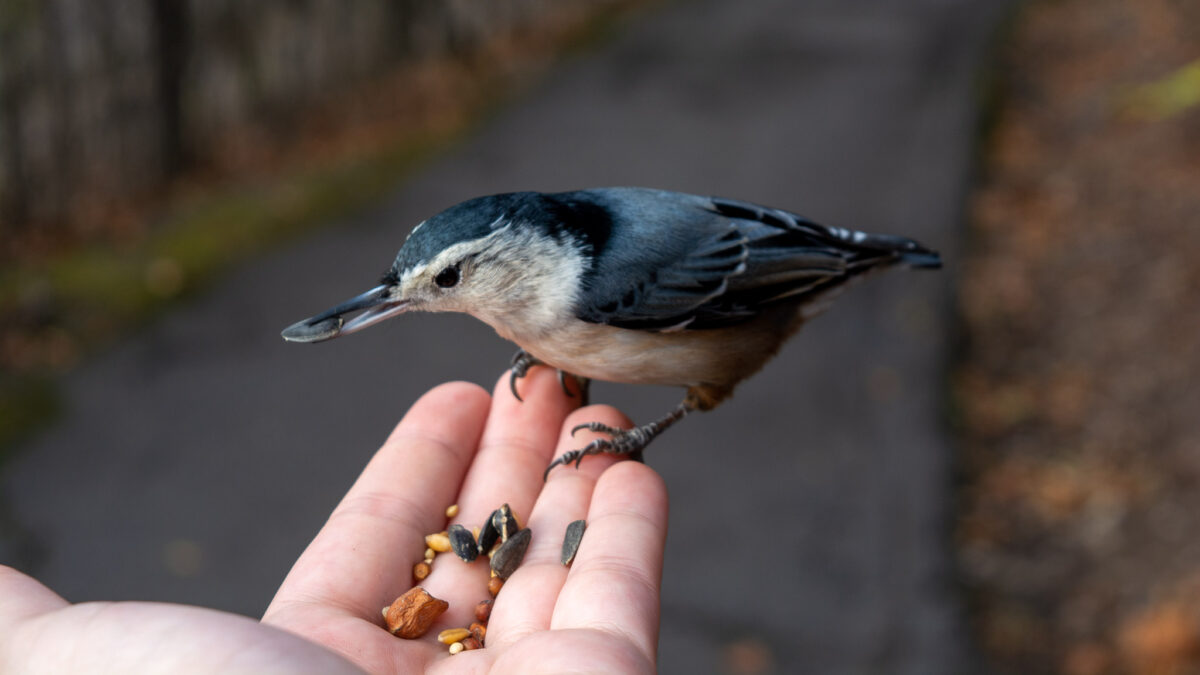Many studies have shown that exposure to nature — getting outdoors, breathing fresh air, immersing in green spaces — reduces the impact of anxiety and depression. During the COVID-19 pandemic, it has been widely noted that people with extra time on their hands and fewer options for activities have been spending more time interacting with the natural world.
Reconnecting with nature in a university classroom setting has recently allowed me to see the real importance of regular outdoor time on maintaining mental health.
The course involved a lot of experiential learning and field trips, which is rare for an English class. I was taught how to identify plants through an app, reflected on my knowledge of nature and my place in the world in relation to plants, and found numerous other pathways for further research through readings. I imagine joining a group like the Ottawa Field-Naturalists’ Club would be a similar experience in some ways.
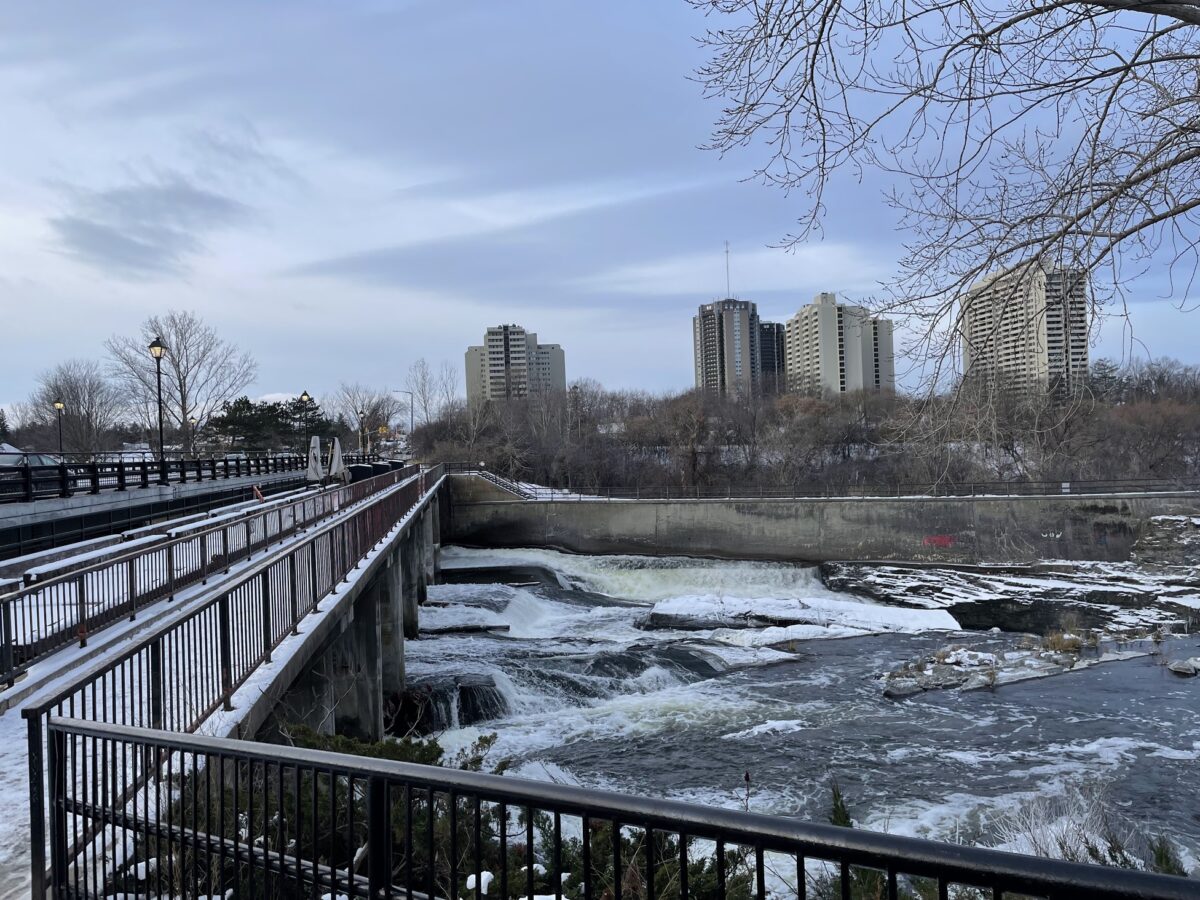
My professor encouraged my classmates and I to adopt a habitat in our neighbourhood to visit weekly to track its progress through the autumn changes. I chose Hog’s Back Park and learned much about its history and about some of the plant life the place holds. The Eastern White Pine, a common tree in the park, has major significance in Haudenosaunee culture as the Great Tree of Peace. The white pine is central to the lumbering history and settlement of the Ottawa Valley, and it’s also the provincial tree of Ontario.
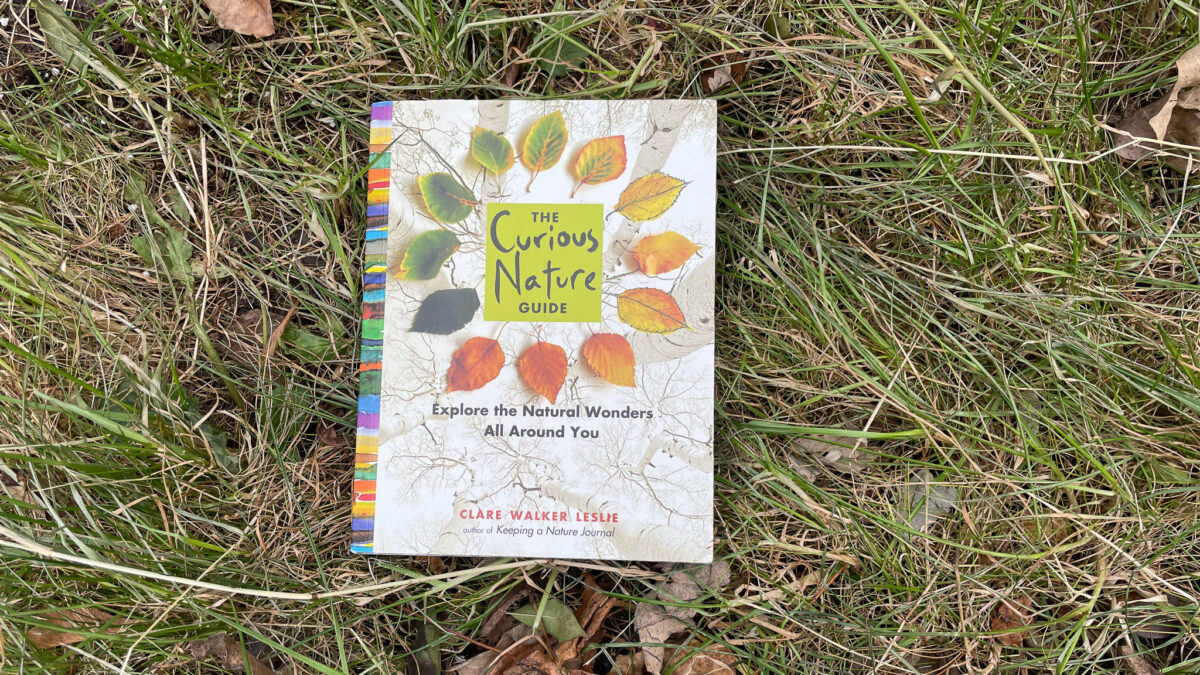

Adopting a habitat to visit can give you a real sense of urgency and responsibility to protect the environment. Doing so close to home can give you a small, peaceful place outside of school, work and other endeavours to focus on yourself. It makes sense. We spent three recesses a day outside as kids; how does our need for nature disappear as adults? The answer is simple: it doesn’t.
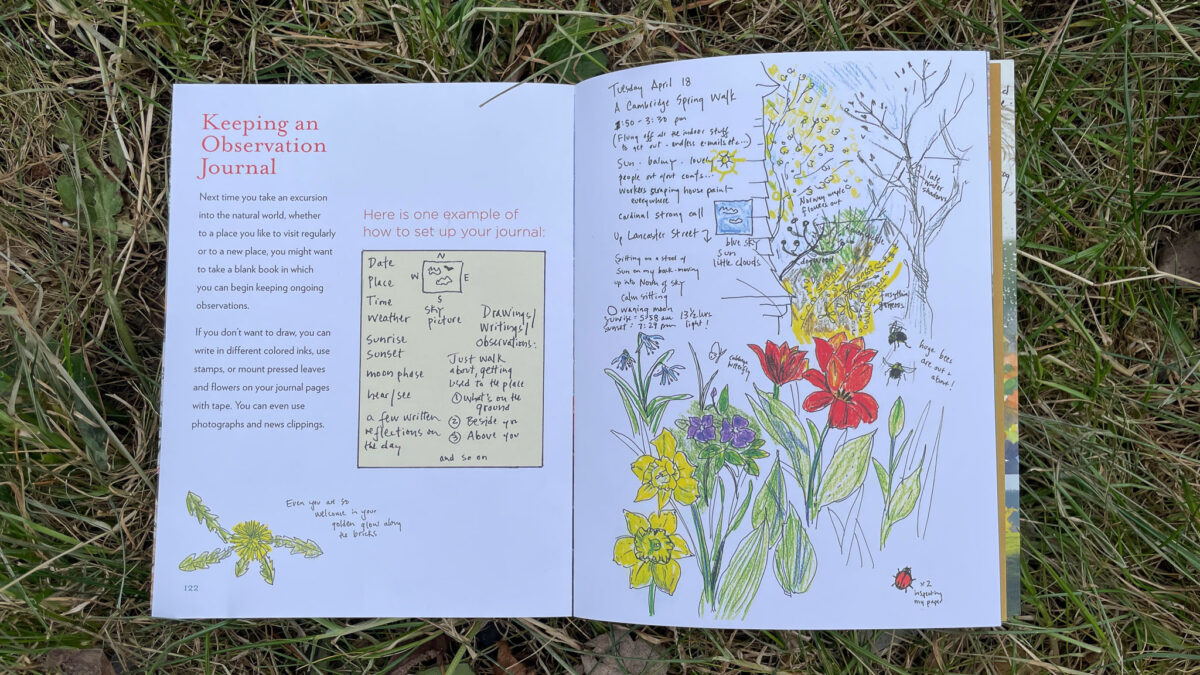

Many studies — including a 2019 Science Advances paper titled “Nature and mental health: An ecosystem service perspective” — make it clear that “nature experience has been shown to positively affect various aspects of cognitive function, memory and attention, impulse inhibition, and children’s school performance, as well as imagination and creativity.”
A good way to start increasing outdoor time is through taking walks around your own neighbourhood. A step further would be to record your neighbourhood walk’s nature highlights in a journal.
However, there are often barriers to accessing nature, including socioeconomic constraints, proximity to natural settings and, in some cases, fear of wilderness and wildlife. A good way to start increasing outdoor time is through taking walks around your own neighbourhood. A step further would be to record your neighbourhood walk’s nature highlights in a journal. Maybe you will start to identify similar trees or flowers, or possibly take up birdwatching as a hobby. Nature’s benefits are numerous, but you have to discover what you connect with most to benefit from it.
And no matter how you make that connection, one thing’s almost certain: getting closer to the natural world should improve your mental health.
